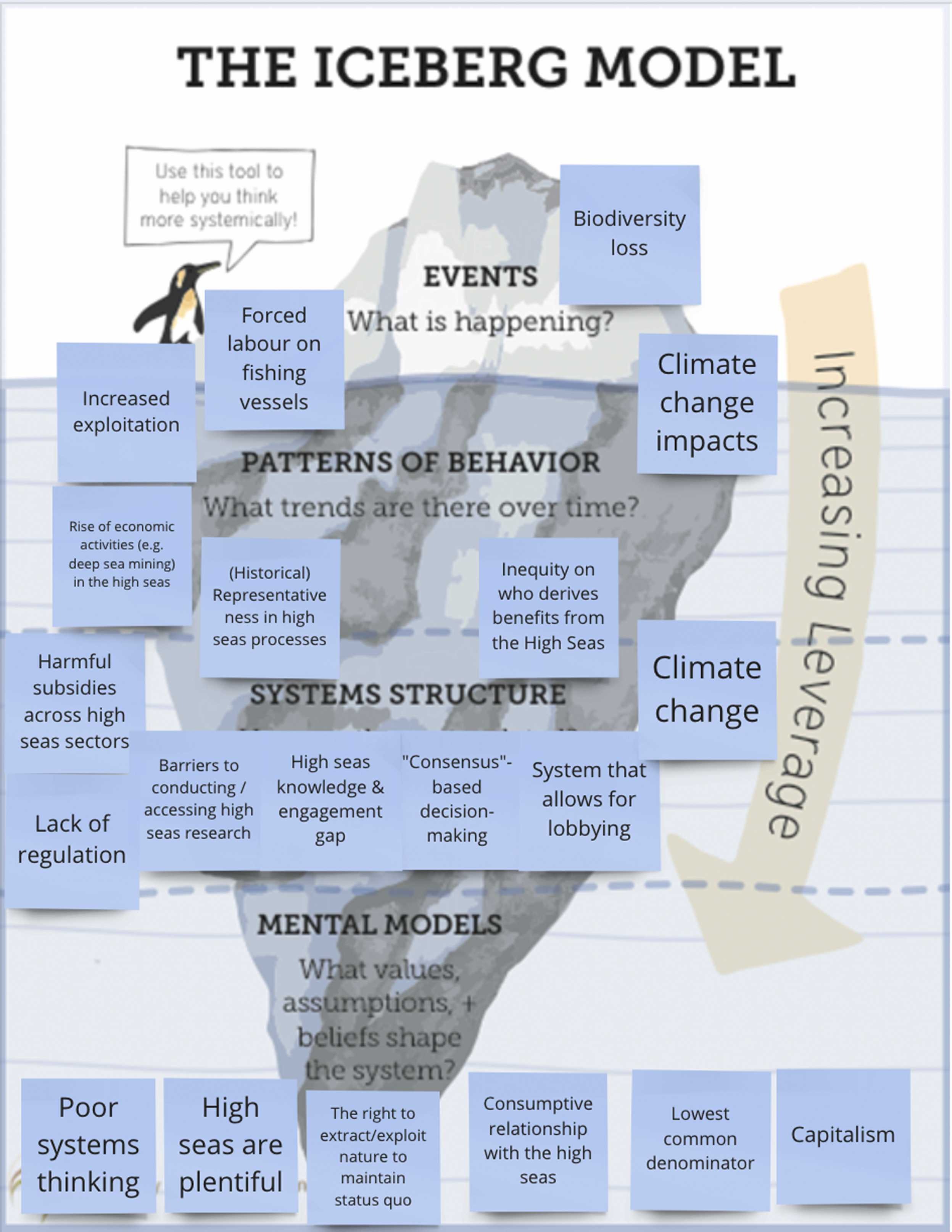XpertHR,
May 2023
With AI-driven labor market transformations being affected by economic troubles and other factors, this article explores the strategies leaders are using to help workers navigate these changes. Specifically, leaders are stepping up investing in at least four strategies to prepare workers for the prevailing disruption and empower them to successfully navigate the change while ensuring healthy work cultures and compelling work opportunities for all.
Elsevier,
Journal of Experimental Marine Biology and Ecology, Volume 565, 2023, 151916
This study provides a better understanding of the burrowing behaviour of the sub-legal size clams discarded on the sediment after being disturbed and contributes important data to improve practices for minimizing mortality of dislodged clams that are discarded on the sediment surface.
Elsevier,
Journal of Nutrition, Volume 153, May 2023
Alzheimer disease (AD) is a neurodegenerative condition defined by the build-up of amyloid plaques in the brain and intraneuronal tangles of the protein tau. Autophagy is a cellular cleaning process involved in the degradation of proteins, including proteins directly responsible for amyloid plaques, but its activity is compromised in AD. This study showed that reducing dietary protein intake can reduce mTORC1 activity and amyloid plaque deposition in the brains of male mice with a less aggressive model of Alzheimer's disease, but not in a more aggressive model or in female mice.
Elsevier,
Neurochemistry International, Volume 165, May 2023
This review discusses the critical role of oxidative stress in the pathogenesis of neurological disorders such as stroke and Alzheimer's disease (AD), detailing the mechanisms of reactive oxygen species (ROS) generation in the brain and exploring the potential of antioxidant therapies as therapeutic targets.
Elsevier,
The Lancet Public Health, Volume 8, May 2023
This Article supports Sustainable Development Goal 3 by showing a positive association between hearing loss without hearing aid use and dementia in adults aged 40-69 years in the UK. The authors analysed all-cause dementia, as well as specific types including Alzheimer's disease. Hearing loss was associated with increased risk of dementia, and using hearing aids was associated with a similar risk of dementia to no hearing loss, suggesting that hearing aid use in people with hearing loss could reduce dementia risk.
Elsevier,
Nitric Oxide - Biology and Chemistry, Volume 134-135, 1 May 2023
Nitric Oxide can act as both protecting and aggravating factor in Alzheimer's Disease. Nitric oxide can be considered as a neurotoxic factor in Alzheimer's Disease. Nitric Oxide induces neuro plasticity, neuroprotection, neurogenesis, long-term potentiation, and myelination. Drugs based on Nitric Oxide have shown promising results in Alzheimer's Disease. Nitric Oxide can via sundry ways ameliorate memory formation.
Elsevier,
Marine Policy, Volume 153, 2023, 105644, ISSN 0308-597X
We are at a critical crossroads for the future governance of the high seas. We used the Nature Futures Framework to explore desirable futures for the high seas. Creative endeavours of co-production encourage imagination to address challenges. Participatory processes are important tools in the science-policy interface. Stories and art can be powerful ways to overcome barriers.


